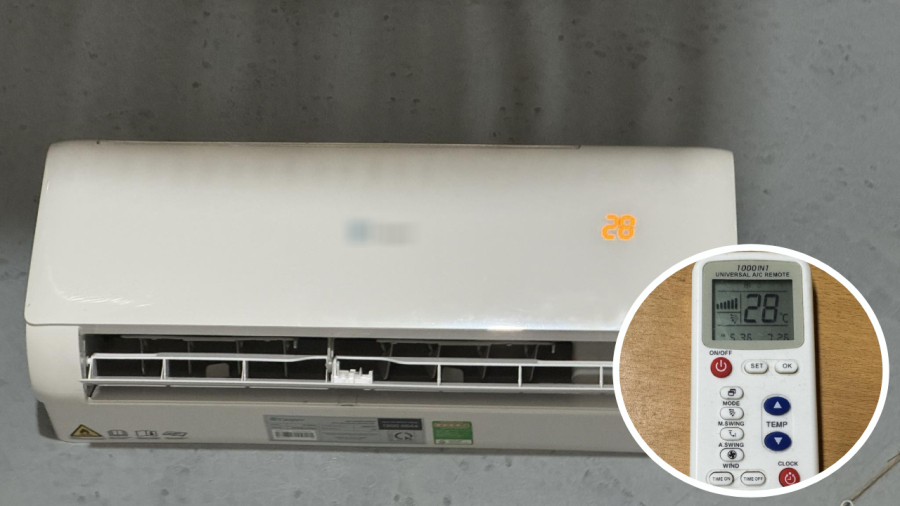Air Conditioning Tips to Save Electricity
Air conditioning is an essential cooling appliance, especially during hot seasons. Many households rely on air conditioners to beat the heat, but it can also lead to increased electricity consumption and higher expenses. Therefore, it is crucial to use air conditioners efficiently to save on electricity costs.
One common mistake people make is simply turning their air conditioners on and off using the ON – OFF button on the remote control. However, this is not advisable.
When you turn off the air conditioner using the remote, it does not completely shut down. Instead, it goes into standby mode and continues to draw a small amount of electricity, equivalent to the power consumed by a 15W lightbulb.
Additionally, relying solely on the remote to turn off the air conditioner can be unsafe. If your home’s electrical system is unstable, it could lead to electrical faults, short circuits, or even fires.
To save electricity and prolong the lifespan of your air conditioner, ensure you take the extra step of completely turning off the power supply to the unit after using it. This can be done by unplugging the unit or switching off the circuit breaker.

Completely turn off your air conditioner from the power source when not in use to save electricity and ensure safety.
Additional Tips for Efficient Air Conditioner Use
– Avoid constantly turning the air conditioner on and off. It is a common misconception that turning off the AC once the room is cool will save electricity. In reality, doing so wastes more energy and strains the unit. Each time you turn it on again, the air conditioner consumes more power during the initial startup. Simply turn it off 30 minutes before leaving the room to prevent heat accumulation.
– Don’t run the air conditioner continuously all day. Even during hot weather, it is unnecessary to keep the air conditioner running 24/7. Continuous usage can lead to dehydration, dry skin, and other health issues. It is also wasteful and can shorten the lifespan of the unit. Take advantage of cooler periods, such as rainy days, early mornings, or late evenings, to give your air conditioner a break and save electricity.
– Maintain a reasonable temperature. Lowering the temperature setting too much will increase electricity consumption. Aim to keep the temperature between 26-28 degrees Celsius to strike a balance between comfort and energy efficiency, reducing the temperature difference between indoors and outdoors.
– Regularly clean your air conditioner. A clean air conditioner not only ensures the health and well-being of your family but also improves the unit’s efficiency and cooling performance. Dirty air conditioners may struggle to cool effectively and could lead to issues like water leakage.
































